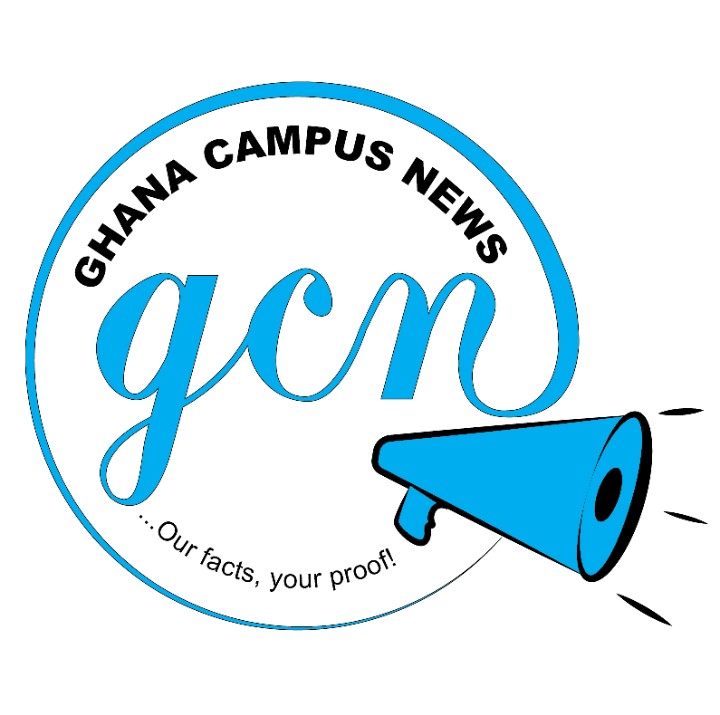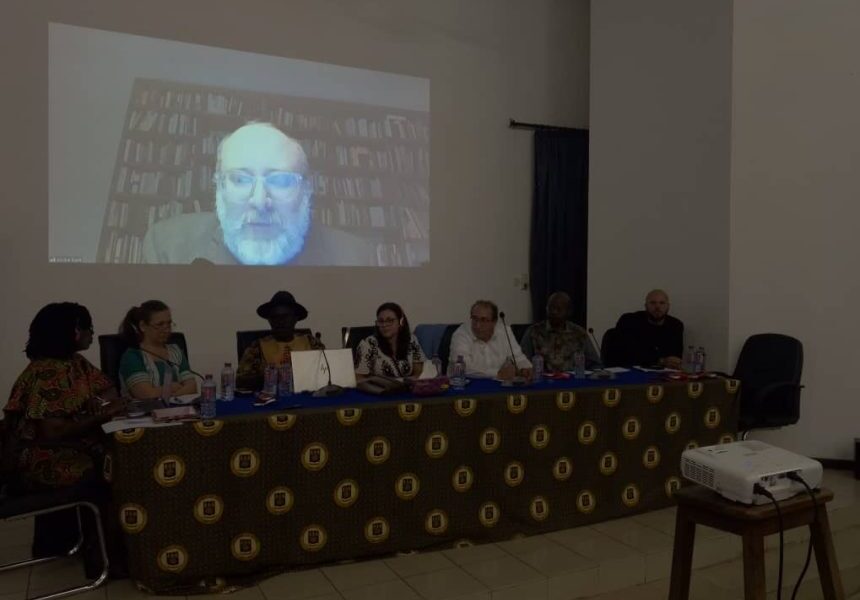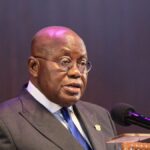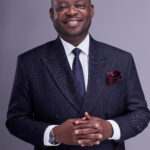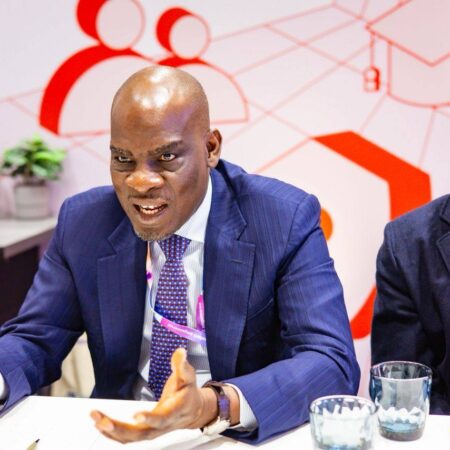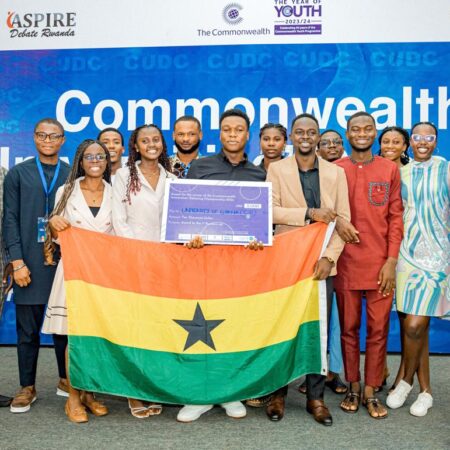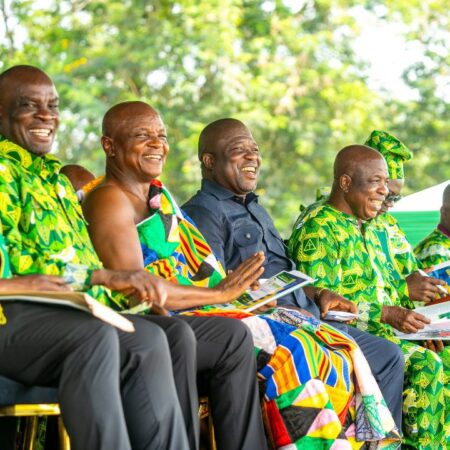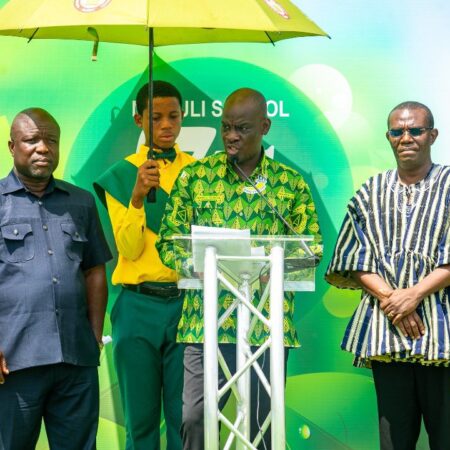Principal Investigator at the Merian Institute for Advanced Studies in Africa (MIASA) and Senior Research Fellow at the Institute of African Studies at the University of Ghana, Dr. Chika Mba, has revealed that the concept of academic freedom discussed in university circles across the continent is not absolute in all its forms.
His comments followed a roundtable organized by MIASA, in collaboration with its counterpart in the Maghreb (MECAM), on the theme “Academic Freedom and Research Ethics: Exploring Dynamics in Ghana, Tunisia, and Germany.”
The event aimed to bring together distinguished scholars from various fields, along with students and policymakers, to brainstorm on maximizing the potential of universities and research entities to leverage their scholarly work for societal improvement and enhance knowledge transfer.
Speaking during a panel discussion, Dr. Mba noted that, based on his experience as a lecturer in Nigeria and Ghana, it is widely acknowledged that academic freedom is not absolute in higher education institutions. He highlighted the power dynamics that central governments hold over funding public universities, which can affect these institutions’ ability to critique political authorities without facing financial repercussions.
He further explained that to maintain good relations with public officials and ensure sustainability, researchers and academics often avoid addressing national issues related to governance or choose to present them in a more favorable light. This, he argued, ultimately hampers the country’s development in the long run.
“Academic freedom in our part of the world can be best described as a bit utopian due to a myriad of factors including political, social, and cultural influences. These factors impede the effectiveness of scholars in public universities, particularly by discouraging them from engaging with controversial political issues or calling out governmental missteps. This is largely because the same political actors control approximately 85% of the funding for local universities in Africa, based on my experience as a lecturer in Ghana and Nigeria.”
He referenced historical instances from the 1960s under Nkrumah in Ghana, when many of the country’s top scholars were linked to political appointments to silence dissent, and the military regimes that followed, which suppressed academic freedom and stifled a democratic environment conducive to inclusive societal growth.
Additionally, the Vice President of the University of Tunisia and MECAM, Professor Emma Betaief, shared that in Tunisia, stricter laws on academic freedom have arisen from strong regimes that historically repressed dissent, particularly on university campuses. This repression has driven some voices abroad, leading to a diaspora that advocates for free expression and has contributed positively to developments following the Middle East and North African Revolution of 2011.
“In Tunisia and North Africa, particularly due to strong regimes and dominant one-party states during the early independence struggles, the environment for free expression on university campuses became toxic. This stifled the dividends of democracy to protect those regimes. After decades of advocacy and protests from academics, civilians, and activists facing threats from extremist elements, long-serving governments had to bow to pressure and allow competing opinions that facilitate holistic development and maximize economic potential.”
Germany’s MECAM Director, Professor Rachid Quaissa, emphasized that maintaining academia’s relevance within the political landscape of authoritarian states requires a stronger collaboration between the media, civil society organizations, and academia. This collaboration is vital for creating a framework that addresses governmental overreach, which can undermine the contributions of universities and researchers.
“In an ever-changing and complex era of democracy and neoliberal economic structures gaining traction worldwide, while dictatorial regimes become less acceptable, it is essential for academics and civil society actors to strategize ways to amplify their concerns about domestic and global issues affecting their communities. This approach will foster dynamic solutions and guide conversations toward the growth and sustainability of their nations in a competitive geopolitical landscape.”
Ultimately, the roundtable underscored that academic freedom is essential for national development. Scholars must be free not only to pursue intellectual curiosity but also to address real-world problems for the benefit of society.
Credit: Univers News
